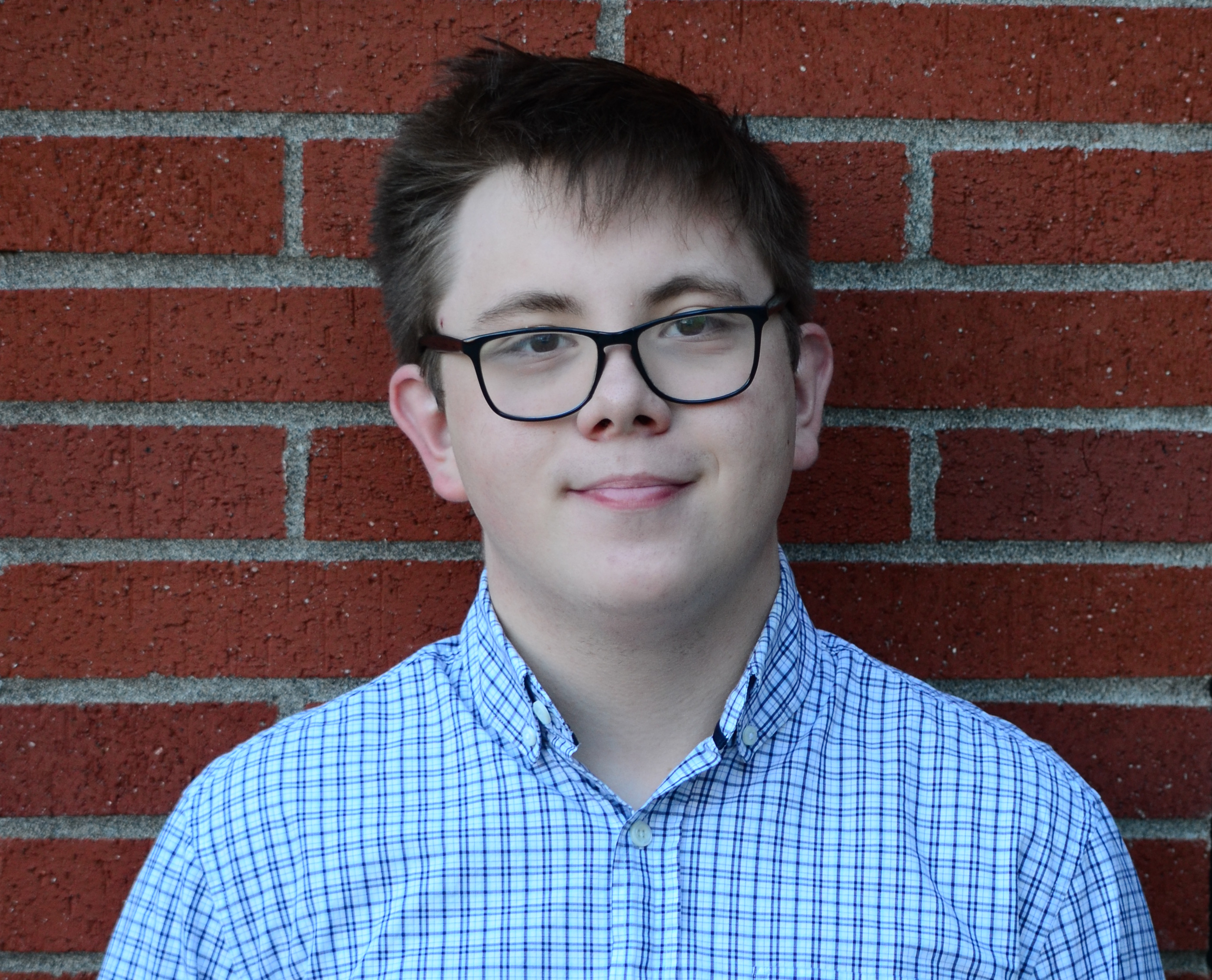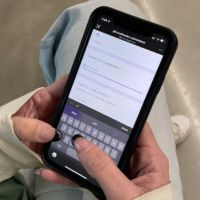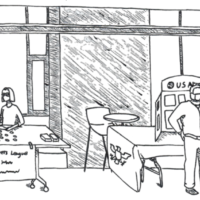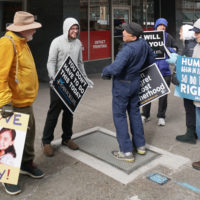
On Jan. 12, 2022, Sharon Reese, Chief of Human Resources at Portland Public Schools (PPS), sent an open letter to all educators in the district. The email made a bold claim: After several schools transitioned to temporary distance learning, fueled by staffing shortages and a surge in cases due to the Omicron variant, PPS accused teachers of coordinating sick calls.
An excerpt from the note read: “We are getting regular reports of educators being asked by colleagues to call-in sick with the intention of causing the district to close schools.” The message continued, “So we need to be clear: It is unlawful for educators to participate in any sort of coordinated action to be absent for anything other than a legitimate reason under District policy.”
The January 12 letter to teachers, threatening legal action, is more than out of touch with reality; it is a vindication of the district’s lack of support towards educators during a global pandemic.
“It’s pretty unsettling to get an email from HR that’s basically scolding teachers for calling out sick,” says Grant teacher Mykhiel Deych, “We are expected to do our jobs in an amount of time that is impossible due to our student loads.”
PPS teachers have experienced unprecedented challenges during the 2021-2022 school year. Educators have served their students despite the serious threat of contracting a highly-transmissible virus. Many classrooms and facilities are overcrowded, increasing the workload and daily responsibilities for teachers. And finally, students’ needs are higher than ever due to the social and emotional toll that the pandemic has taken.
These regular, acute burdens on teachers are costly.
An October 2021 internal survey conducted by the Portland Association of Teachers revealed the extent of burnout and frustration among educators, exacerbated by demanding workplace conditions. Eighty percent of educators said they couldn’t complete their work in a scheduled day. Seventy percent of teachers reported “high” or “severe” levels of stress.
In total, more than 1,000 PPS educators said they were considering a leave of absence or retiring.
In the message from Human Resources, the district acknowledged the plight of teachers by stating, “I see the tremendous effort that you and your colleagues are putting forth every day to serve our community and meet these challenges in service of our students. I hear and see how you are covering for each other and supporting our students in extraordinary circumstances.”
This acknowledgement is empty without action. Unless the district implements policies that reduce the teachers’ workloads and ensures that all staff feel respected and heard by their superiors, the ongoing problems in the education system will persist.
“Our entire educational system is built on the unpaid labor of countless teachers and other school staff,” said Faubion PK-8 teacher Ashley Brooks during a Jan. 25 Board of Education Meeting, “The lack of empathy and understanding for those of us who work with students every day is utterly appalling, and leads to the lack of time and resources we need to do our jobs.”
It is harmful to criticize teachers for schools restricting in-person learning. PPS has insisted on a return to a five-day week and full-time instruction during a global pandemic.
As COVID-19 cases peak and staff absences climb, it is reasonable to assume that there will be disruptions to the education system. Like students, teachers need ample time and space to care for their physical and mental health.
The district must do better in addressing these realities. Rather than faulting teachers for the faults of the education system, PPS should invest its time and resources in alleviating the underlying issues that are contributing to burnout and staffing shortages.
Hiring more full-time educators can reduce class sizes and teachers’ workloads. Improving access to KN95 masks and student health services can reduce the spread of COVID-19, allowing students and staff to feel safer at school. And, adding planning time will support educators in meeting the needs of their students.
Issues like overcrowding, burnout and educational inequalities are not new problems. As the pandemic has upended daily life and disrupted an already fragile education system, though, many of these shortcomings have become more pronounced.
“Ultimately, we just need a shift on what the purpose of education is,” says Deych. “We’re living, breathing humans with families and we need time to prepare and recover from things.”
As students, we have a responsibility to support our teachers. Daily acts of appreciation and respect for educators go a long way. However, they don’t go far enough.
To sufficiently advocate for teachers, we must pressure PPS leaders to enact policies that address the larger, systemic issues in our education system.
Educators are frontline workers. It is time for the district’s actions and messaging to reflect that.




